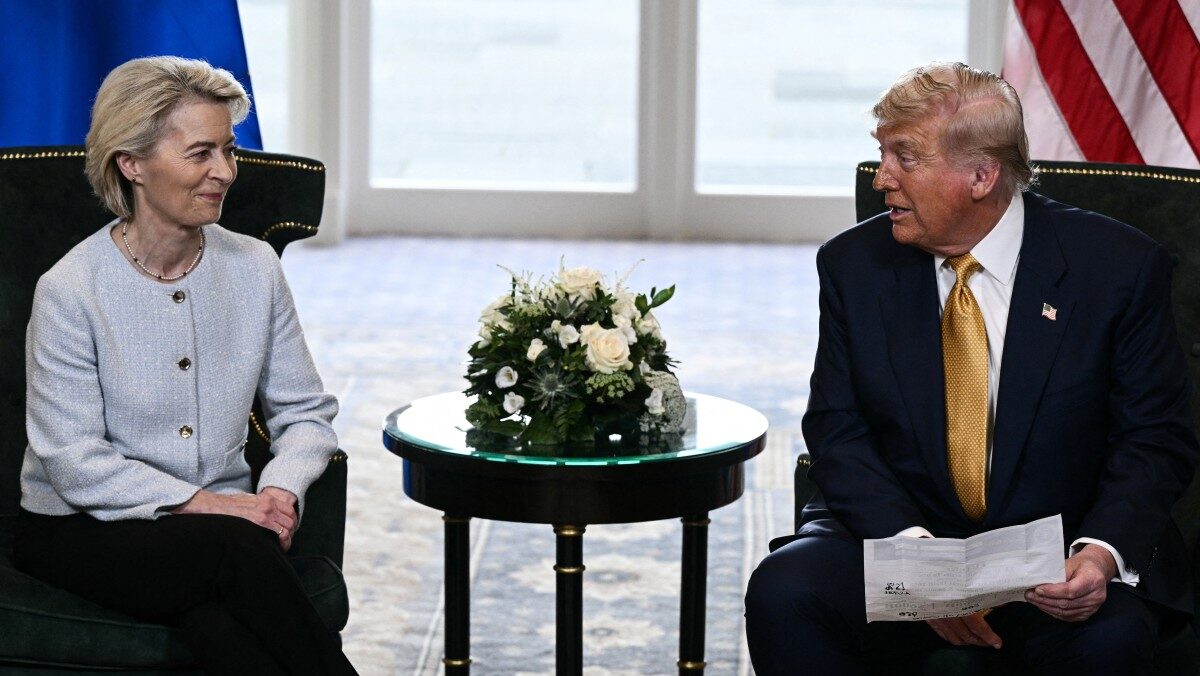
Germany at a Crossroads Over How To Deal With Chinese Trade
It is a mistake to introduce more protectionism before scrapping domestic policies that badly hurt competitiveness.

It is a mistake to introduce more protectionism before scrapping domestic policies that badly hurt competitiveness.

The French president urged Beijing to curb its trade imbalance with Europe or face tougher measures—while conceding that uniting all 27 member states behind a hard line will be difficult.

Outrage as Ontario conscripts late 40th U.S. president into its trade war messaging.

The investigation confirms what right-wing politicians have been warning about.

The latest tariffs—targeting pharmaceuticals, trucks, and home goods—are aimed at strengthening U.S. manufacturing and safeguarding national security.

Kaja Kallas said the move would come at a high cost for Israel.

Beijing rejects U.S. proposal to raise tariffs on Russian oil buyers, calling it unfair pressure.

Von der Leyen under fire as EU majority sees recent trade agreement as favoring U.S. interests.

MEPs are balking at a tariff deal that would slash duties on American products while leaving EU steel and aluminum exposed.

EU negotiators agreed to a 15% U.S. tariff on key exports, with French and Italian wine hit hardest.